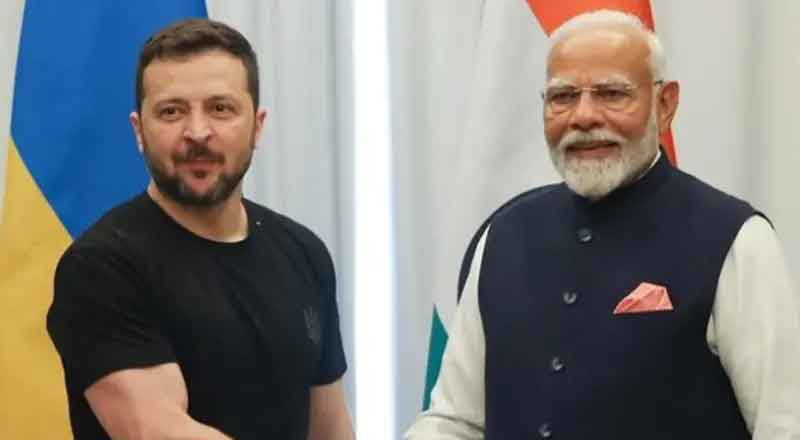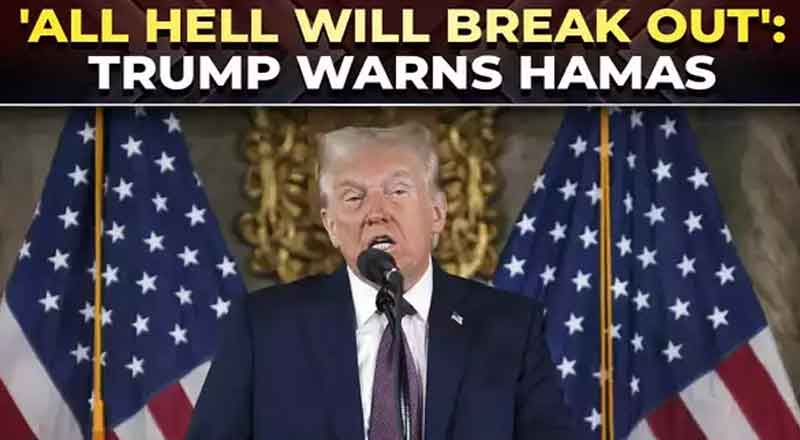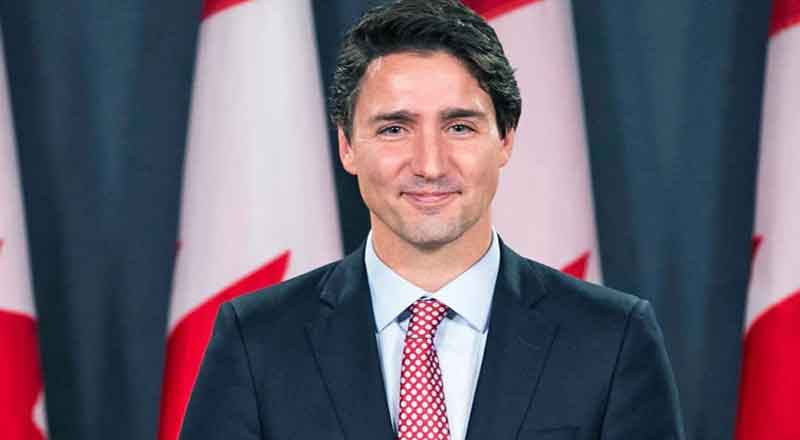On August 22, Prime Minister Narendra Modi, following talks with his Polish counterpart Donald Tusk in Warsaw, made a statement that underscored India’s stance on the ongoing Russia-Ukraine conflict: “It is India’s firm belief that no problem can be solved on the battlefield. In any crisis, the loss of lives of innocent people has become the biggest challenge for the whole of humanity.” These remarks came as Modi concluded his two-day visit to Poland, setting the stage for an unprecedented journey to Ukraine. As the first Indian leader to visit the war-torn country since the Russia-Ukraine conflict began, Modi’s trip has sparked widespread speculation about India’s potential role in brokering peace between the two warring nations.
A Delicate Timing
Modi’s visit to Ukraine, expected to last seven hours, is set against a complex and volatile backdrop. The visit coincides with Ukraine’s National Flag Day, a symbolic commemoration of its independence from the Soviet Union. This timing is significant, given the deep historical and emotional ties to Ukraine’s sovereignty, which is currently under severe threat from Russian aggression.
The trip also follows Modi’s recent meeting with Russian President Vladimir Putin in Moscow, a move that attracted criticism from both Western nations and Ukrainian President Volodymyr Zelenskyy. Zelenskyy described the meeting as “a huge disappointment and a devastating blow to peace efforts,” particularly as it occurred on the same day that Russian forces launched missile strikes across Ukraine, resulting in the deaths of at least 42 people, including several children.
Adding to the tension, Ukraine’s recent military actions, including an incursion into Russia’s Kursk region where it claims to have seized 1,250 square kilometers of territory, have further escalated the conflict. This maneuver has reportedly embarrassed Putin and diminished his standing within Russia, making it unlikely that he would be willing to engage in peace talks at this juncture. Russian officials have categorically rejected the possibility of negotiations with Kyiv, with Foreign Minister Sergey Lavrov stating there is “no possibility of any talks with Kyiv at the moment.”
In light of these developments, diplomatic experts express skepticism about the prospects of Modi successfully mediating between the two sides. An ambassador from a European Union nation, speaking to Al Jazeera, remarked, “It is not safe for him (Modi) after the escalation of war between the two countries,” highlighting the perilous nature of the visit.
Modi’s Potential as a Mediator
Despite the formidable challenges, some analysts believe that Modi is uniquely positioned to facilitate dialogue between Russia and Ukraine. India’s longstanding relationship with Russia, dating back to the Cold War era, coupled with its status as Moscow’s top oil buyer, places Modi in a favorable position with Putin. Simultaneously, India maintains strong ties with the United States, Ukraine’s principal ally, providing New Delhi with a unique diplomatic bridge between the conflicting parties.
Throughout the war, Modi has consistently advocated for dialogue as the only viable path to resolution. His assertion that “this isn’t the era of war,” first made to Putin during the SCO summit in Samarkand in 2022, has been a recurring theme in his diplomatic engagements. During his discussions with Polish Prime Minister Donald Tusk, Modi reiterated India’s readiness to collaborate with friendly nations to support the early restoration of peace and stability in Ukraine. Before embarking on his journey to Ukraine, Modi emphasized his intention to “share perspectives” on achieving a peaceful resolution to the conflict, expressing hope for “an early return of peace and stability in the region.”
However, not everyone shares this optimism. Gulshan Sachdeva, a professor of European Studies at Jawaharlal Nehru University in New Delhi, tempered expectations by stating that he does not anticipate significant outcomes from Modi’s visit, suggesting that Russia and the West are fully capable of engaging in direct talks without external mediation.
Strategic Autonomy or Diplomatic Maneuvering?
For Modi and India, the visit carries substantial geopolitical significance. It is a demonstration of India’s strategic autonomy, reinforcing New Delhi’s position as a nation that refuses to align with any single bloc in the conflict. By engaging with both Russia and Ukraine, India signals its intent to maintain balanced relations with all parties involved, an approach that reflects its broader foreign policy strategy.
The visit also offers India an opportunity to strengthen its bilateral relations with Ukraine, particularly in areas such as trade. India is a significant importer of Ukrainian grain and agricultural products, and deepening these ties could benefit both nations economically. Additionally, several Indian naval vessels rely on Ukrainian engines and spare parts, underscoring the importance of maintaining robust defense-related trade relations.
Nevertheless, some geopolitical observers view the visit through a different lens. Harish Khare, an Indian political analyst and former adviser to Prime Minister Manmohan Singh, suggested that Modi’s visit is primarily an effort to appease Western powers. “No substantive results should be expected from the visit,” Khare told Al Jazeera. “He is going there to appease his Western friends.”
A Diplomatic Win for Ukraine?
For Ukraine, Modi’s visit is seen as a significant diplomatic victory. Ukrainian Foreign Minister Dmytro Kuleba expressed that the visit is a testament to Ukraine’s success in engaging neutral nations and encouraging them to adopt a more balanced approach in their relations with both Kyiv and Moscow.
The New York Times, in its analysis, highlighted that the mere presence of the Indian leader in Kyiv is a development of considerable importance. It underscores India’s growing influence on the global stage and its potential to play a more active role in international diplomacy, particularly in conflicts where traditional Western or Russian influence may not be as effective.
A Step Towards Peace or Diplomatic Posturing?
As Modi makes his way to Kyiv, the question remains: can India genuinely act as a peacemaker in the Russia-Ukraine conflict, or is this visit more about diplomatic posturing? While Modi’s presence in Ukraine sends a powerful signal of India’s commitment to peace and its desire to maintain balanced international relations, the complexities of the conflict and the entrenched positions of both Russia and Ukraine make the prospect of immediate peace negotiations seem remote.
However, Modi’s visit could lay the groundwork for future dialogue, positioning India as a key player in any eventual peace process. Whether this visit will lead to substantive outcomes or merely serve as a symbolic gesture remains to be seen, but it undeniably marks a significant moment in India’s diplomatic history.
(With inputs from agencies)





